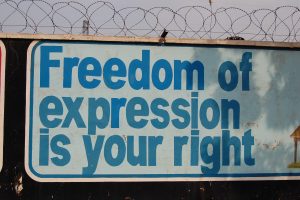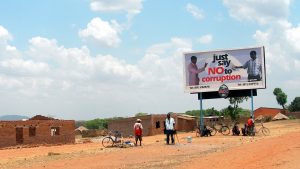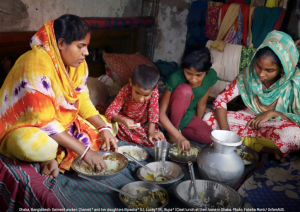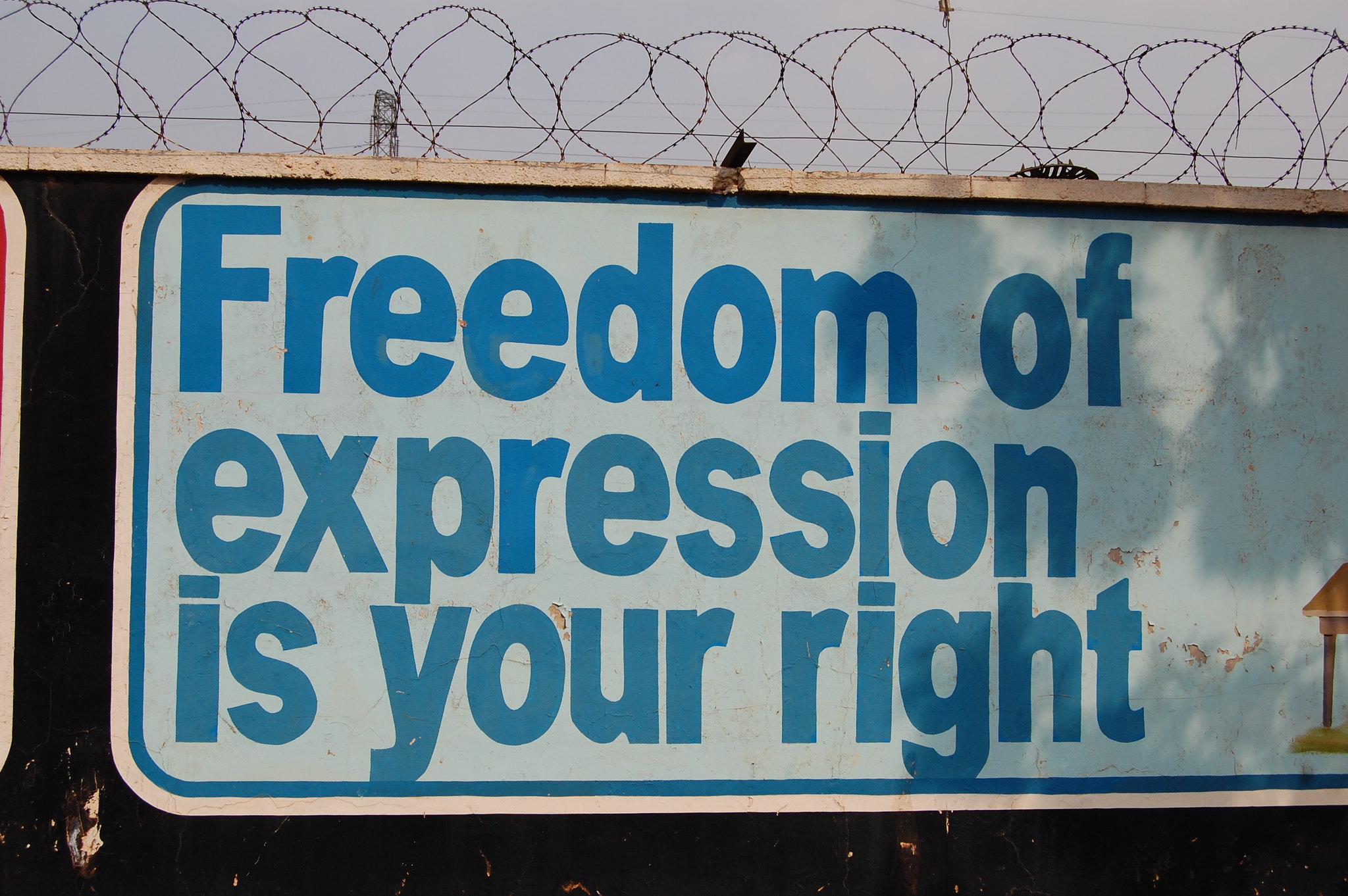From the 2019 Trinity College Dublin Development Issues Series Final Five, Ronan Daly explores the erosion of freedom of expression and the potential subsequent impacts.

George Orwell once wrote “If liberty means anything at all, it means the right to tell people what they do not want to hear”. It was once assumed that increased access to free expression was, if not a guaranteed accompaniment to economic development, at least a likely outcome.
That certainty has been shaken in recent years and those concerned with development must now ask difficult questions about how and why freedom of speech and expression can be fostered and encouraged. Even more so, we must consider how to protect and maintain free expression in those developing nations where it has gained ground.
Recent research has indicated that there is an ongoing, wide-scale erosion of the right to freedom of expression and privacy across the world. 58 countries are now categorised as being at an ‘extreme risk’ as compared to 53 in 2017. That’s a 9% increase in just two years. Why is this a concern for development?
Well, in the first instance, we should consider freedom of expression a development goal in itself. Being able to speak one’s mind, and to do so in communication with others is a fundamental aspect of the human experience. When the punishment for stepping out of line includes arrest and detention along with disappearance and death, the very real consequences of limitations on freedom of speech should be clear, as in Eritrea. As one journalist put it:
that culture has given rise to a poisonous climate of self-censorship and mistrust that permeates communities and families.”
On a broader level, however, free speech is important for facilitating other development goals. Democracies cannot hope to maintain their legitimacy if politicians are immune to the consequences of criticism, or if that criticism never materialises at all. That regime’s like Hun Sen’s in Cambodia crack down on free expression directly in the lead up to national elections in unsurprising. Governments with authoritarian tendencies know that the biggest threat to their power is unfettered communication between their citizens and domestic and international media.
Likewise, economic development is often an indirect casualty of censorship.
The exchange of ideas is essential to creating and disseminating important innovations that function as the key to development. When people and businesses are afraid to have open conversations, and what they feel they are allowed to consider is chilled considerably by draconian governments, the chaotic and productive fora of business is reduced to cautious and conservative traditionalism.
There was a time when western countries thought that the internet would function as a panacea to expression issues. This is no longer the case. With Turkey and China numbering among those countries who have constructed firewalls to keep criticism out, the internet can now function as much as a weapon against free speech, as its ally.
Pair this with the increased dissemination of false information on the internet, which makes it difficult to have the kind of productive discussions that aid development goals. ‘Deep Fakes’ have been used in Indonesia and elsewhere to convince the voting public that politicians have said and done things that they just have not.
So what can we do to stop this tide?
Firstly, western countries need to stop treating free speech like a dirty word in domestic discussions. There are valid conversations to be had around what manner it is appropriate to communicate one’s ideas in, but the wholesale exclusion of ideas from public forums gives would-be authoritarians an example to point to when they seek to justify their far more pernicious incursions.
Next, we need to realise that international media can only do so much when it comes to getting the truth out there in developing nations. Domestic and local media should be cultivated and funded, as well as protected from the whims of powerful politicians and elites. Western countries can help by identifying this more strongly in their human rights dialogues with developing nations, as well as by providing explicit funding for media organisations in developing nations that are doing truly valuable work.
- Featured Photo: ‘freedom of expression is your right’ by Racheal Hinman, July 22, 2009 via Flickr (CC BY 2.0)

Development Economics – Question What you Read
What does it mean to critically engage with what you read and why does it matter? Emily Ramsay investigates microfinancing in development economics – the good, the bad and the neoliberal

The Expression Recession
From the 2019 Trinity College Dublin Development Issues Series Final Five, Ronan Daly explores the erosion of freedom of expression and the potential subsequent impacts

Corruption Redefined
Conor O’Brien, a 2019 Trinity College Dublin Development Issues Series Final Five finalist, explores corruption in its many guises.

Dress For Success: Supporting the Sustainable Development Goals Through The Adoption of Ethical Shopping Habits
From the 2019 Trinity College Dublin Development Issues Series Final Five, Emma Beatty dresses for success with her Sustainable Development Goals shopping skills and takes on fast fashion.

How your favourite Instagram Influencers are Contributing to Global Inequality
The winning blog entry for the 2019 Trinity College Dublin Development Issues Blog Series is Moya McDermott on the true cost of fast fashion indulgences

Understanding Development within the Black Power Movement
A final-seven finalist in the 2018 Trinity College Dublin and developmenteducation.ie Development Issues series, Grace McGinnis looks at the Black Power Movement in the United States, and beyond.

